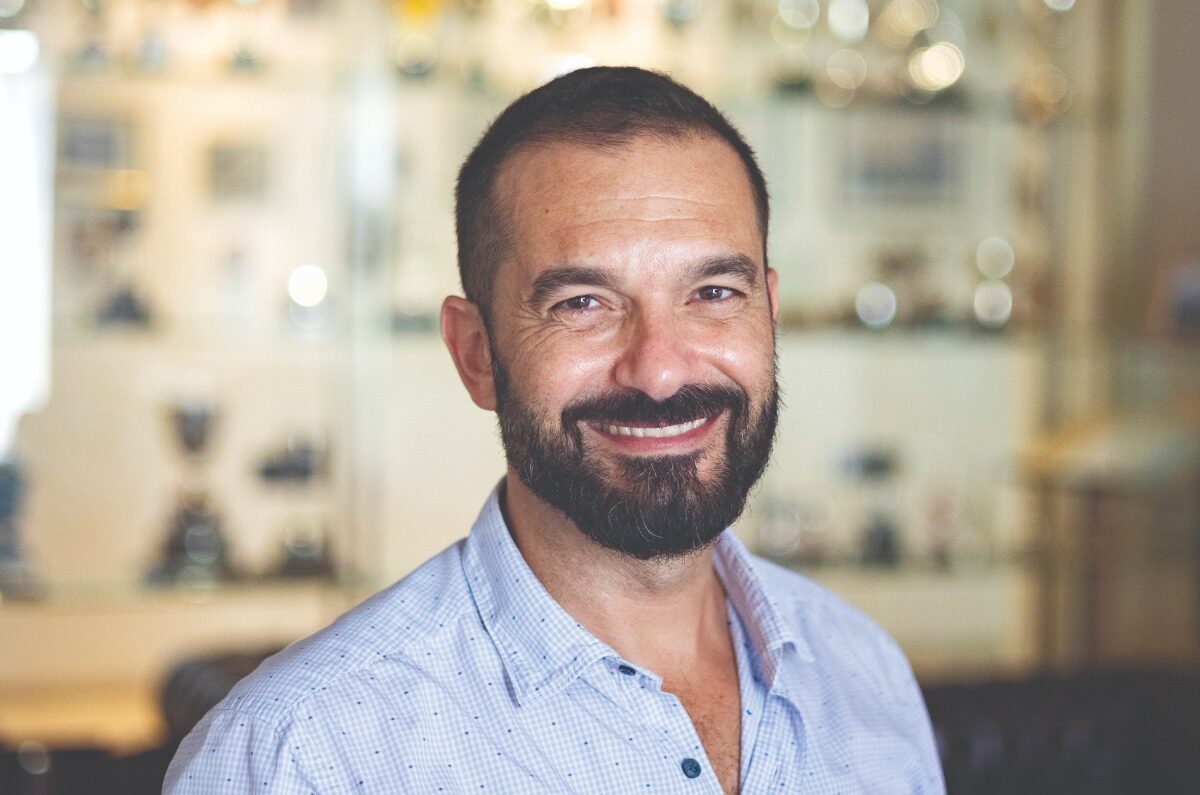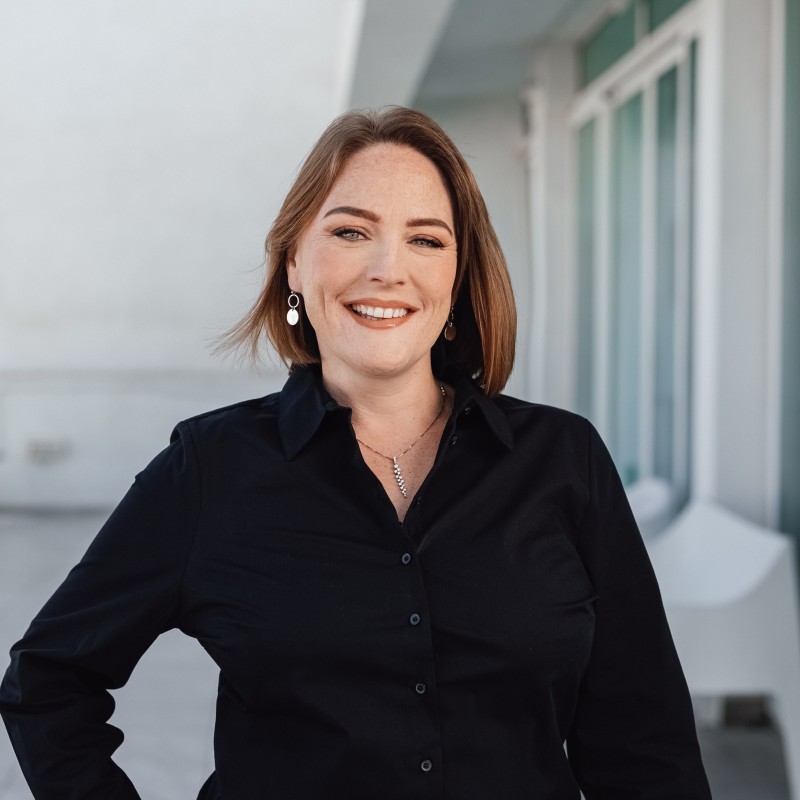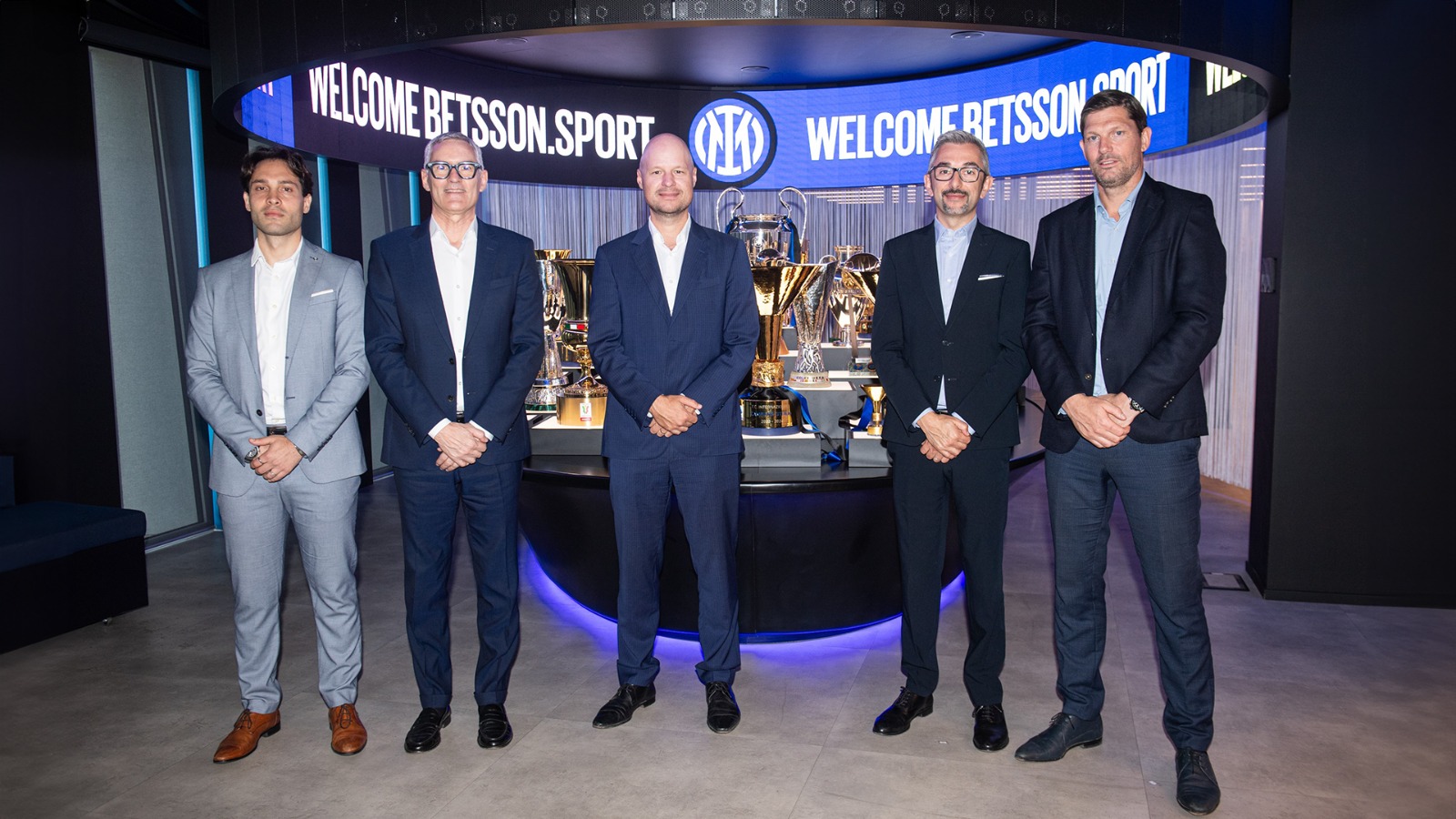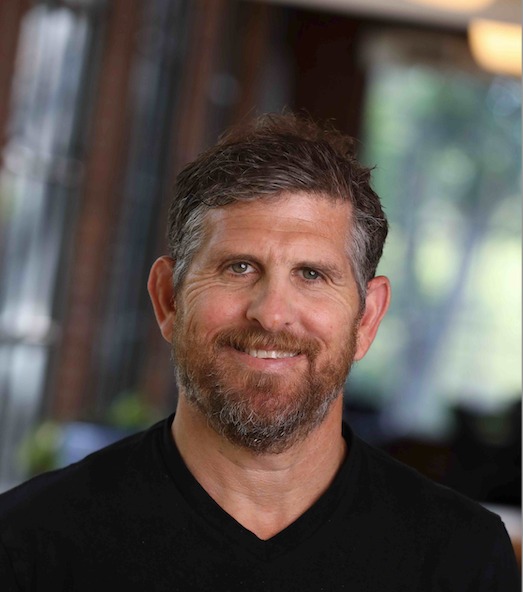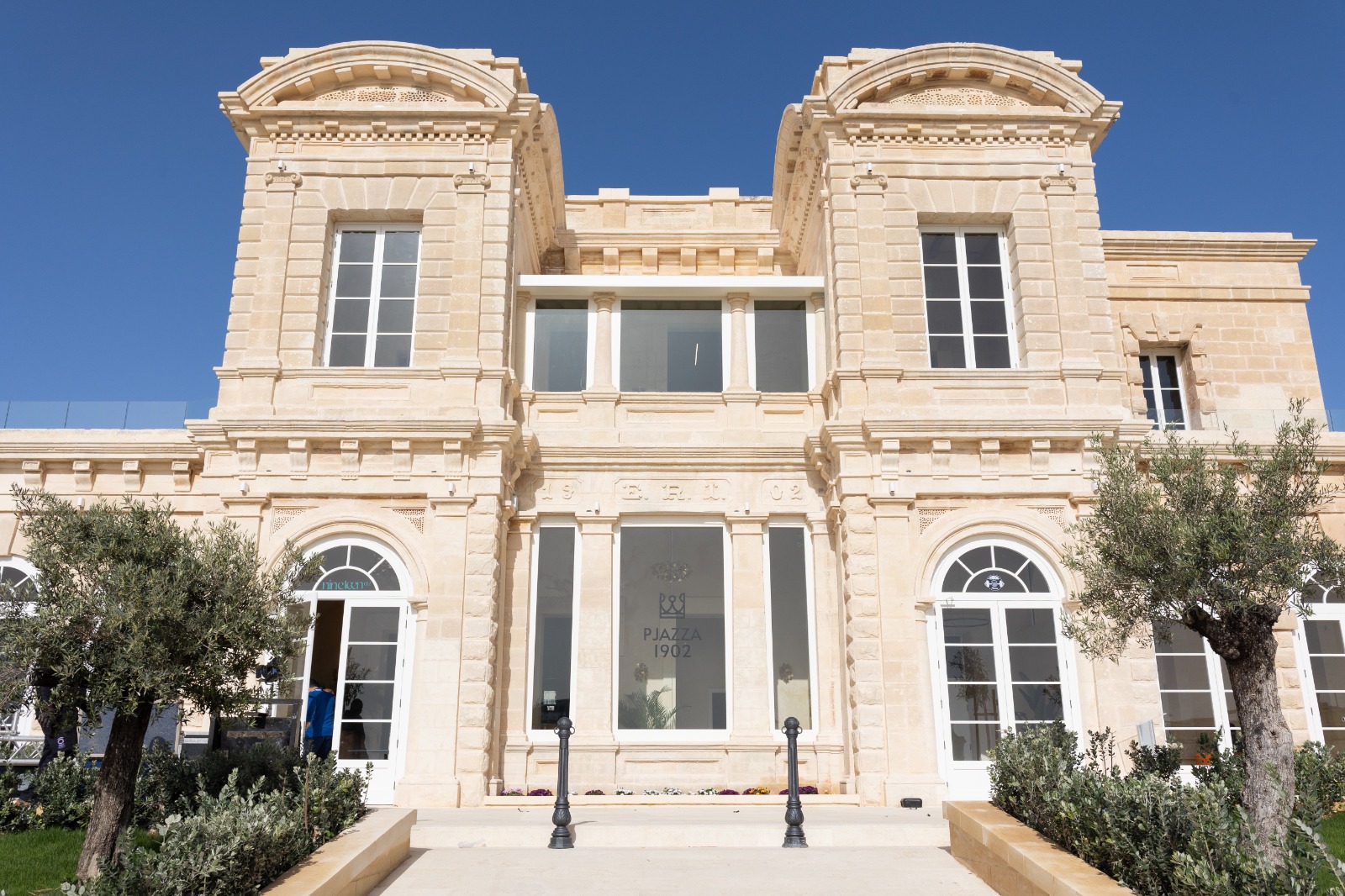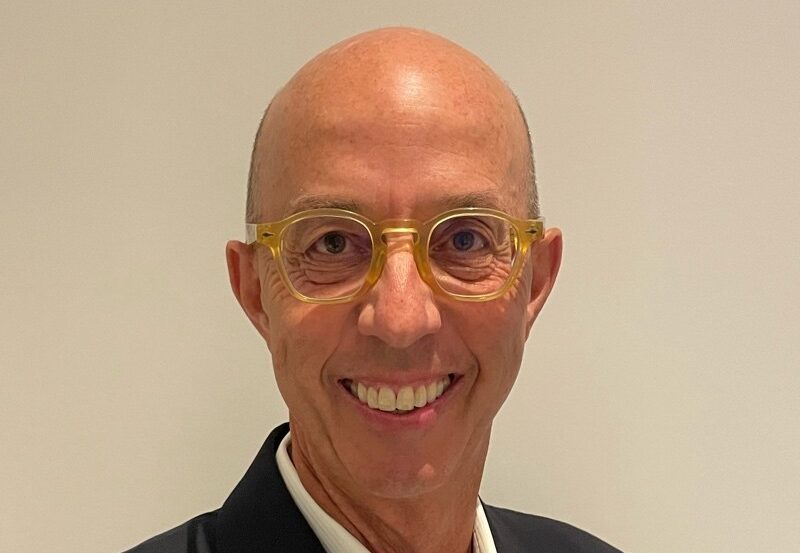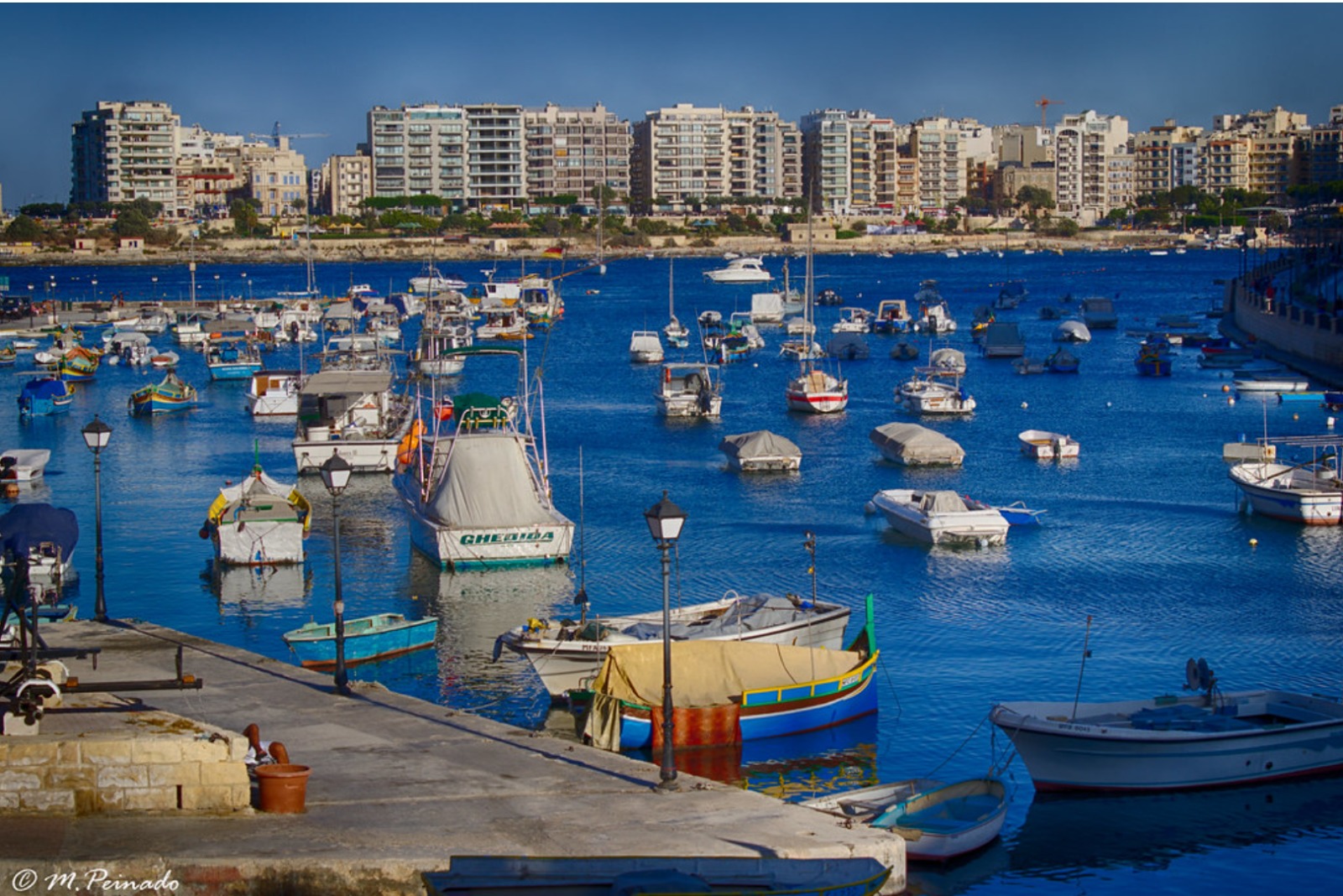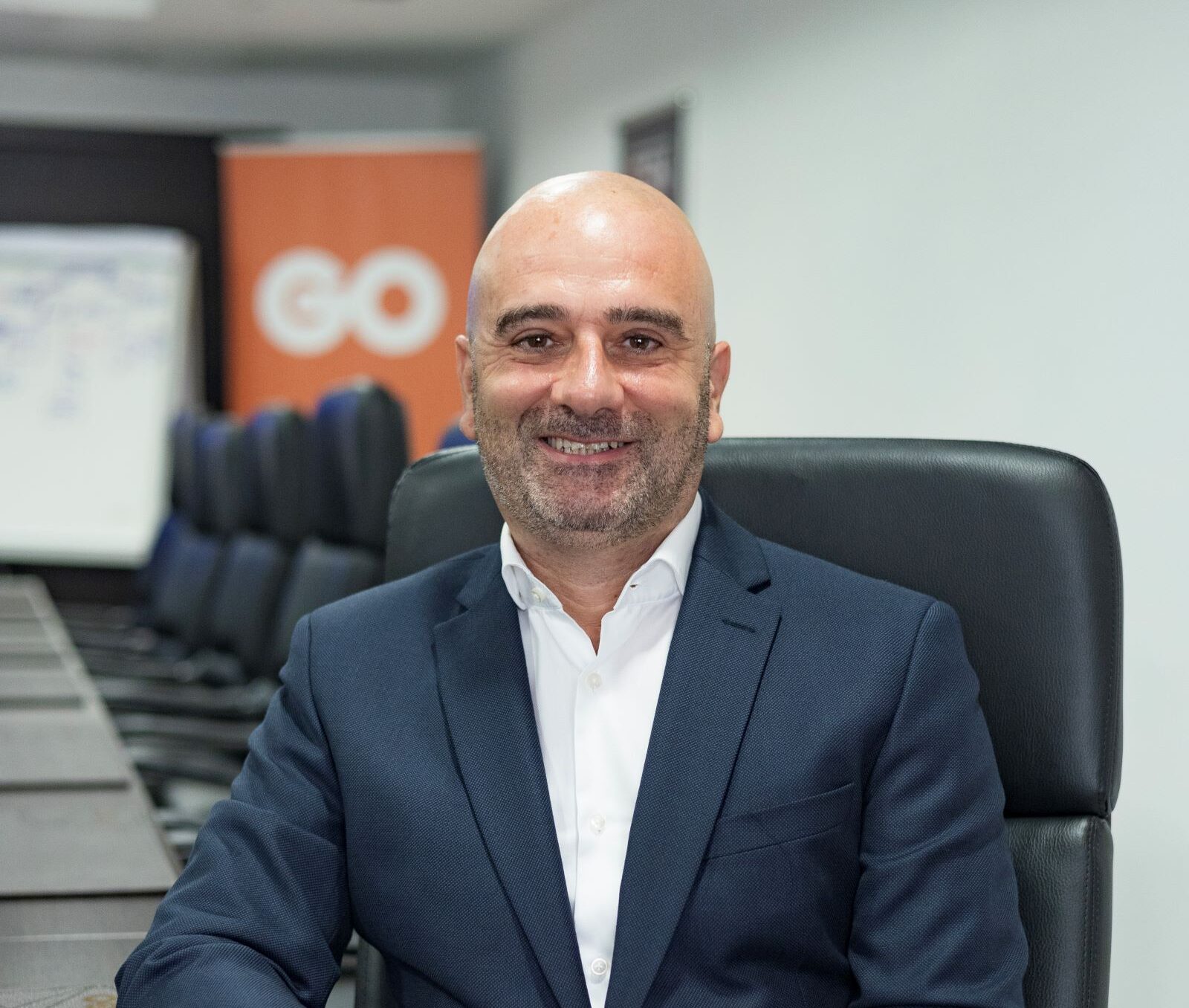Vistage Malta Chair and Coach Julian Azzopardi – who is also CEO of the company’s franchise holder, UP Ltd – delves into the far-reaching ramifications that the decisions of top-level leaders can have on their companies, families and communities. He shares just how important better decisions are for driving positive impact and leaving behind a true legacy.
Spanning six continents and counting over 27,000 members, Vistage Malta is part of a global family with a universal mission: to support business owners, leaders and executives through the toughest challenges of their shared trajectory.
How does Vistage do it? By facilitating high-level – at times even difficult – conversations among C-suite employees from companies of all sizes. Experienced business leaders chair confidential peer advisory groups and executive coaching sessions – a proven formula that gets members to talk through a variety of issues relevant to all present.
For his part, Julian leads both a Small Business Group and a Key Executives Group, where he says his role is to challenge, question and guide participants through some of their toughest issues and concerns.
This is why trust is at the heart of the work Vistage does. As Julian explains, becoming a confidant to leaders in critical moments of their careers sometimes requires digging deeper into certain issues through individual coaching sessions. This empowers them to get the help they need to take better, sometimes life-changing, decisions. The ultimate goal? To make sure that each member leaves the room in a better place than the one they came from.
“Vistage Malta acts as a sounding board for decision-makers, thought leaders and community activists so that they can focus on what is most important: creating positive impact,” Julian says.
‘Carefrontation’
The trust that lays the foundation for sessions at Vistage is intended to extend far beyond coaching and into the fabric of members’ own work cultures. The healthy leader-team dynamic to strive for is one where both parties know beyond a doubt that they have each other’s back.
Unconditional trust allows for what Vistage describes as ‘carefrontational’ conversations between decision-makers and their teams, where all involved can question, debate and disagree with care and respect for each other – all the while united in their mutual commitment to the organisation’s overarching objectives. This is what leads to greater accountability and commitment across the team, driving performance, morale and results in the process.
In Julian’s words, “trust will ultimately define your corporate culture and become a defining factor of what ‘working here’ really looks like and means.” In fact, he has often witnessed that the strongest performing companies are those where trust between the business owner, CEO and entire C-suite of decision-makers is unquestionable.
Interestingly, conversations about difficult, conflicting issues – without hidden agendas, fear of backlash or resentment – are the conversations that need to be had the most, but are engaged in the least,” he says.
A culture of shared ownership
While some businesses may be tempted to believe that they must first reach a certain arbitrary standard – whether defined by income or otherwise – before they can create a culture of shared ownership, Julian makes an argument to the contrary.
He admits that standards of performance and behaviour do need to be set early on in a business’ lifecycle, as these are a reflection of the business leader and will determine the code of conduct that the business will operate from.
However, he asserts that scarce resources should serve as an incentive for business leaders to devolve more decision-making to their teams. Having clear and sound standards in place can make it easier for leaders to trust the individuals around them to take good decisions. With the same reasoning, a scarcity of personnel could be an opportunity for leaders to elevate their existing team to higher positions and share some of the responsibility.
Moreover, apart from identifying an organisation’s objectives and determining the standards that must be observed to get it there, leaders should also be able to articulate both the benefits of adhering to those standards as well as the consequences of failing to do so. Julian highlights studies in Flow research on how to improve focused concentration, which reveal that the deeper an individual’s understanding of the risk of underperforming, the more they are triggered to perform.
The big picture
Clearly, the people at the top are the ones who need to focus on a business’ bigger picture. But the reality for many is that they ‘don’t have time to think’ or are ‘too hands-on to plan strategically’ – claims that come up routinely in Julian’s sessions.
His advice is simple: “Leaders need to let go more.”
Whenever leaders stray from the bigger picture, they get caught up in the mundane, day-to-day chores, putting out fires and managing by crisis. This all comes down to the quality of the decisions they take.
“Sometimes, we are our own worst enemy. If I am constantly thinking of how I am going to get to the end of the day, I will never be able to plan for any eventuality that could seriously hurt my business.”
Vistage gives members the opportunity to think of where they want to go, and then reflect on how their current decisions or behaviours are holding them back from getting there quicker and with less pain. Quoting Einstein to underscore his point, Julian warns that: “The world as we have created it is a process of our thinking. It cannot be changed without changing our thinking.”
And that’s why Julian’s own mission is to bring Vistage to as many business leaders and executives as possible so they can fulfil their mission with greater impact and benefit their stakeholders, employees and communities. “My guarantee to all members is that they will join the largest global CEO-coaching and peer-support network of 27k+ leaders whose purpose is to look out for each other,” he says.
And Vistage is unlikely to be another stressor added to a CEO’s plate; quite the opposite. “A lot of what we recommend is about slowing down, which can have a massive impact on an organisation,” Julian continues. “Thinking consciously about how to improve versus thinking unconsciously about how to survive is what differentiates leaders from managers. In a fast-paced environment we need better thinkers to guide the doers, because if we’re not thinking, we’re not innovating.”
Since creativity requires purpose, leaders must intentionally carve out space to pause, think and focus so they can finally create.
Building legacy
To Julian and all at Vistage, the kind of legacy you want to leave behind is one where no one knows you’re not around. This would mean that your lessons have been learnt – that your legacy is being lived. Perhaps nothing beats knowing that what you are doing today will leave the people who work with you and trust you better off. It is good to know you are adding value, whether to your employees, suppliers or customers.
“A business’ success is not measured by how many millions it makes, but by how much impact it delivers to those who are part of that business,” he says. “It doesn’t matter if you work for NASA or the corner detergent store.”
Vistage even claims to ‘help first-time CEOs make great decisions that benefit their companies, families, and communities’ – a ripple effect that, incredibly, comes from the top-level decisions of a single leader. Julian upholds this by saying that, in his own experience, if he cannot be the leader he is in the workplace, he would likewise find it very difficult to be the type of leader he needs to be for his family.
On the horizon
Excitingly, Vistage is in the process of launching the Vistage Emerging Leaders and Advancing Leaders Programmes, which offer executives in the fast lane towards promotion the opportunity to hold themselves accountable for their own self-development and lead boldly through difficult times.
For more information about how joining Vistage could help your business, click here.
This feature was first carried in iGaming Capital magazine 2023, the sister publication to iGamingCapital.mt, produced by Content House Group
Continue Reading
Pjazza 1902: New hotspot blends community engagement and B2B offerings
The entertainment hub, which has recently opened in Pembroke after a lengthy period of meticulous restoration, serves up a gamut of dining, fitness, business and leisure opportunities
Gavin Isaacs steps down as Games Global chairman to take on new role as Entain CEO
His appointment comes into effect from September 2024, and will see him remain on the board of Games Global as an independent non-executive director
Third-largest cryptocurrency exchange OKX selects Malta as its MiCA hub
Under the MiCA framework, OKX plans to offer spot trading (including EUR and USDC pairs) in addition to buy, sell, convert and staking services to qualified EU residents through Okcoin Europe Ltd
GO’s Enterprise Solutions geared to deliver end-to-end business technology
The telecoms firm prioritises holistic and scalable solutions for its corporate clients, says Arthur Azzopardi, Chief Officer at GO Business.


